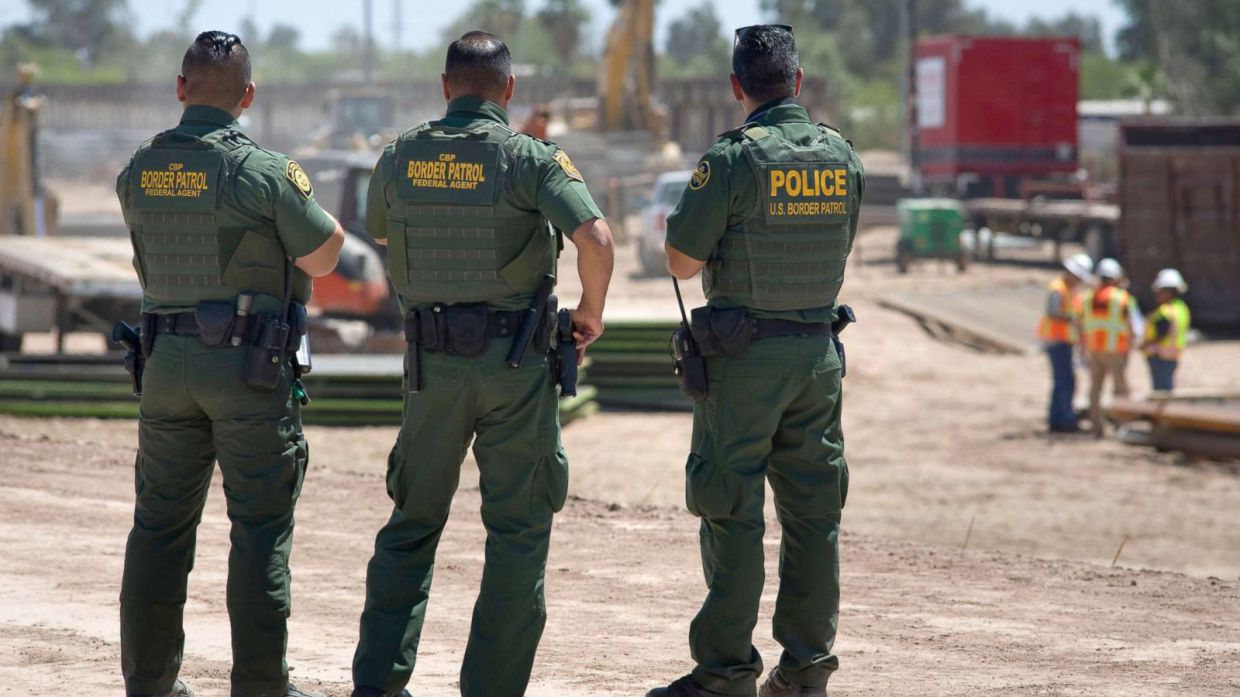Microsoft’s Bing search engine CENSORING searches for politically sensitive Chinese personalities
05/20/2022 / By Ramon Tomey

Microsoft’s Bing search engine has made it difficult for people in North America to look up names of politically sensitive Chinese personalities, a cybersecurity and surveillance group found.
In a May 19 report, the Toronto-based Citizen Lab pointed out that Bing’s autofill system did not return potential suggestions when users searched for personalities deemed sensitive by Beijing. These personalities, including Chinese President Xi Jinping and the late human rights activist Liu Xiaobo, did not show up in the autofill system in both English and Chinese. According to Citizen Lab, its findings stemmed from tests conducted in December 2021 that tried out almost 100,000 names in English and thousands in Chinese characters.
The group sought to determine through the tests if politically sensitive names were treated the same as others. But the emergence of the findings insinuated that this was not the case, and showed that censorship rules in China could be applied to searches coming from the U.S. and Canada.
“We consistently found that Bing censors politically sensitive Chinese names,” said the May 19 report.
“If Microsoft had never engaged in Chinese censorship operations in the first place, there would be no way for them to spill into other regions,” said report author Jeffrey Knockel, a senior research associate at Citizen Lab. He warned that censorship rules seeping from one part of the world into another becomes a risk, especially when internet platforms have a global user base. (Related: Microsoft admits Bing censors search results, says it’s necessary to promote “equality.”)
Microsoft responded to the report by claiming that the alleged censorship was a technical error and added that it had already addressed the issue. A spokeswoman for the tech giant elaborated that user behavior largely drives the autofill suggestions and that some suggestions not showing up does not mean they were censored.
“A small number of users may have experienced a misconfiguration that prevented surfacing some valid autosuggest terms, and we thank Citizen Lab for bringing this to our attention,” she said.
This was not the first time Microsoft had brushes with Chinese authorities over matters of censorship. Back in 2021, image and video searches for “Tank Man” – which featured an unidentified Chinese man standing in front of a tank column – did not return any results. The Tank Man image became a powerful symbol of the 1989 Tiananmen Square protests and subsequent massacre.
The censorship came amid the 32nd anniversary of the protests. Microsoft later managed to resolve the issue, but blamed it on “human error.”
Big Tech giants bow to Beijing censorship
Bing’s parent company Microsoft has had a long history in China, having established an office in the country back in 1992. Seventeen years later in 2009, a heavily censored version of Bing was launched in the country. The search engine’s Chinese counterpart deactivated the autofill feature in 2020 in compliance with Chinese laws.
Professional networking platform LinkedIn, also owned by Microsoft, has also complied with censorship demands from Beijing. It has blocked several human rights activists, journalists and academics on the site at the behest of the Chinese government. LinkedIn also shut down the site’s social media function in 2021 as the Chinese Communist Party tightened its grip on large tech platforms.
Bing’s rival Google dominates the global search engine market, accounting for more than 90 percent of worldwide search traffic per analytics website Statcounter. Meanwhile, Bing is a distant second as it only accounts for three percent of worldwide search traffic. In China, domestic search engine Baidu rules the market as it accounts for 80 percent of the market share, while Bing is a distant second with nearly nine percent.
Google has also bowed to Beijing’s censorship demands through a controversial search engine called Dragonfly. Work on the China-exclusive search engine, however, came to a halt in December 2018 following “political pressure” and an “internal dispute.” Despite this, employees of the tech giant found that development on Dragonfly was still ongoing.
According to the Intercept, a group of Google employees managed to identify ongoing work on a batch of code linked to Dragonfly. Three internal sources confirmed the development, adding that staff members working on Dragonfly were not told to immediately cease their efforts. They were instead told to finish their current workloads, after which they would be allocated new tasks on other teams.
Dragonfly’s development had sparked anger inside the Alphabet-owned company, where many employees protested against its planned launch. The search engine was designed to censor “broad categories of information associated with human rights, democracy, religion and peaceful protest,” reported the Intercept.
SearchEngine.news has more stories about online censorship.
Watch this video that talks about how Google is censoring search results that link to Brighteon.com.
This video is from the Truth Matters channel on Brighteon.com.
More related stories:
Sources include:
Submit a correction >>
Tagged Under:
autofill, big government, Big Tech, bing, Censorship, China, Citizen Lab, communism, corruption, discoveries, dragonfly, Google, LinkedIn, Microsoft, search engine, search results, search suggestions, Tank Man, tech giants, technocrats, traitors, Tyranny
This article may contain statements that reflect the opinion of the author
RECENT NEWS & ARTICLES
COPYRIGHT © 2017 BIG GOVERNMENT NEWS




















